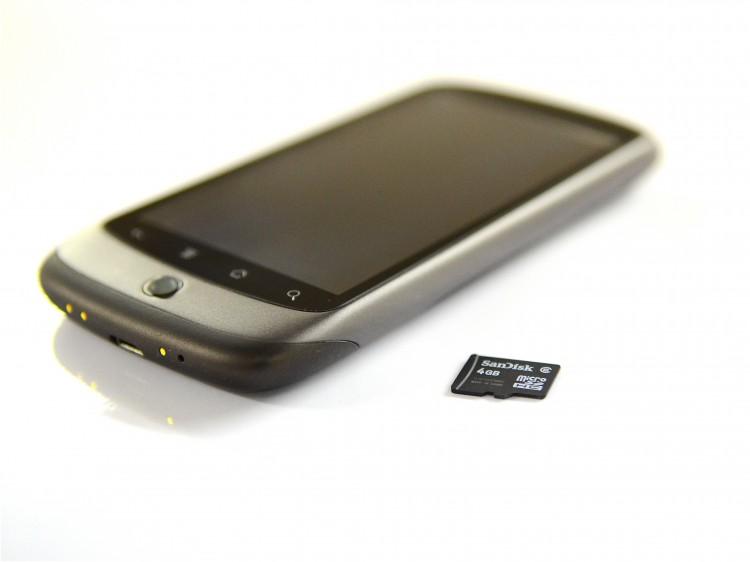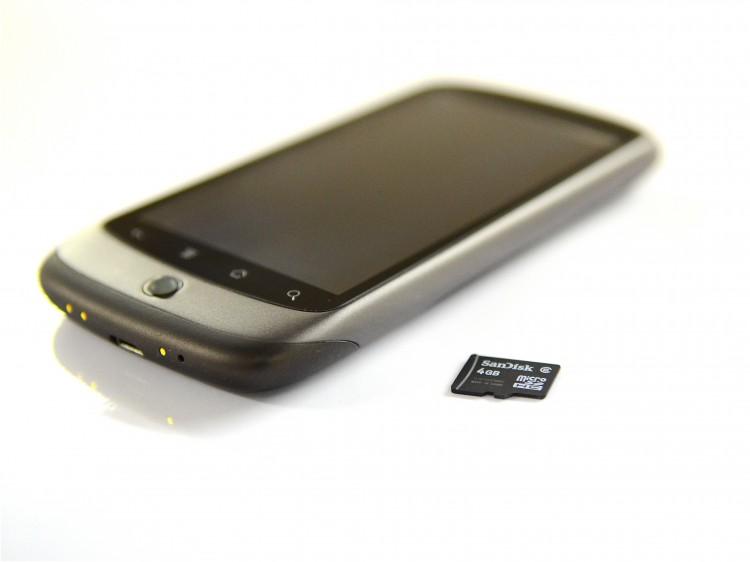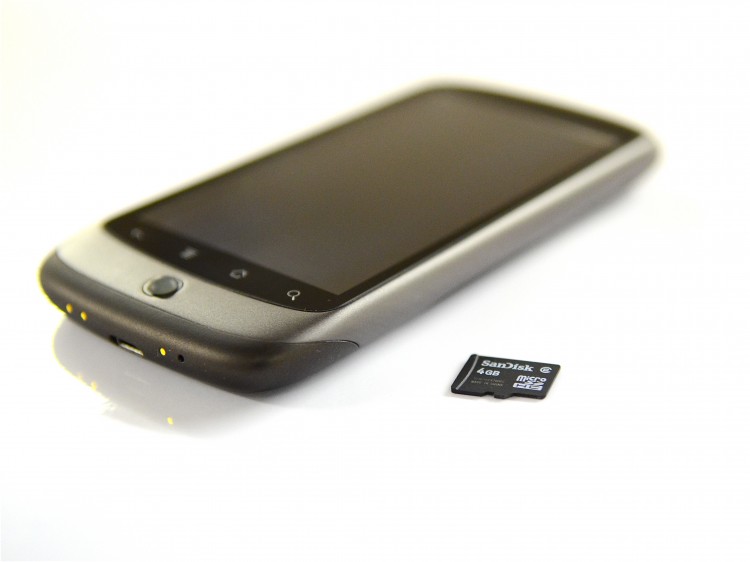A plan by the government to block a review of a private copying levy on microSD cards has the Canadian Private Copying Collective and the New Democrats crying foul.
Industry Minister Christian Paradis announced Tuesday that the federal government will block a hearing by the Copyright Board of Canada on a proposal to introduce a copyright levy, similar to that attached to blank CDs, to microSD cards.
The CPCC said the government’s move is “premature and represents inappropriate interference.”
“The federal government has usurped the authority of the Copyright Board and the long-established fair and independent process it oversees with respect to how songwriters, music publishers, and other rights holders are compensated for the private copying of their music,” said CPCC chair Lyette Bouchard.
“By unilaterally quashing the request for a private copying tariff on what has become a widely used medium for copying music, this government is once again denying Canadian music creators the ability to earn a living from their work,” Bouchard said.







